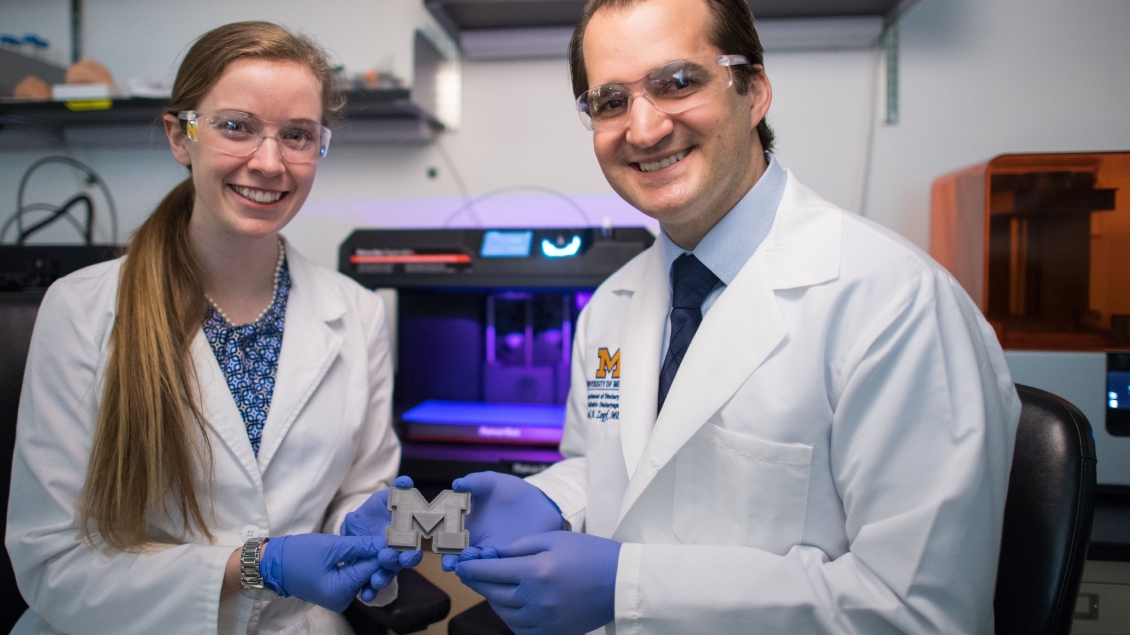
Our Evidence-Based Medicine (EBM) curriculum uses innovative, evidence-based methods that provide you with the skills you'll need to use clinical experience; patient values, preferences and circumstances; and best available research evidence to guide your clinical decision making.
Students also receive training on how to stay up-to-date with medical literature; become self-directed, lifelong learners and leaders in EBM; and maintain an evidence-based practice throughout their careers.
Understanding evidence-based medicine is essential to being able to provide patient-centered, high quality, value-based medicine regardless of your future specialty. At Michigan, our goal is to train students to effectively, confidently and independently answer the questions that they will inevitably need to answer in their practice.
Small Group Setting
You'll learn EBM in a variety of settings. During the first year, most of the learning will take place in small groups of 10-12 students. The groups are led by EBM role models who bring diverse experiences, a commitment to medical education and a passion for evidence-based practice. Students remain with the same small group and role models during the entire year as they practice and develop their EBM skills.
Longitudinal Learning
The EBM curriculum is a thread that is horizontally integrated with other courses within the curriculum. For example, EBM content will overlap with content in the Doctoring, Chief Concern and Improving Health Systems courses. EBM skills will be relevant throughout your time in medical school. You will have the opportunity to build upon the foundational skills you've learned during the first year of medical school as you transition to the clerkships and care for patients.